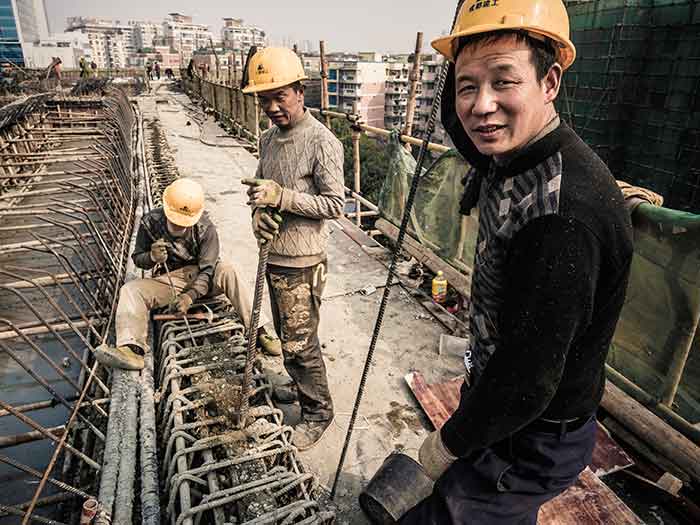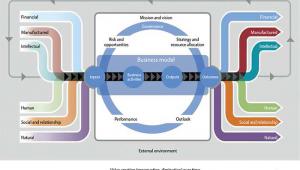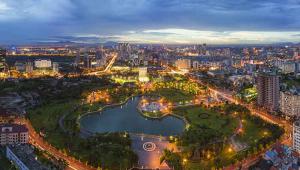web_migrantworker_istock_000023026846_large.jpg

Migrant employees at work on a construction site
The UN Economic and Social Commission for Asia and the Pacific (UNESCAP) found that migrants help drive social and economic development in both their destination and origin countries, but countries in the region need to establish the policies required to reap these rewards in full.
Hongjoo Hahm, deputy executive secretary of UNESCAP, warned that the scale of migration in the region is only going to increase, and that a business-as-usual approach “risks heightening inequality, holding back advances in productivity and facilitating human rights abuses”.
“Positive outcomes require policies aligned with national development strategies and international standards promoting fair recruitment, decent and productive employment and social protection,” he continued.
The report found that 95 million people from the region live outside their country of birth, and countries in the region host over 59 million migrants and 5.5 million refugees.
In general, the report found that migration results in benefits such as higher gross domestic product growth for destination countries, increased wages for migrant workers and benefits in terms of the remittances migrants send back to their countries of origin.
However these benefits are not automatic and there can be negative impacts. An exodus of the workforce in origin countries could support jobs for people who would otherwise by unemployed, or, if many of the workers are skilled, it could reduce national capacity to provide services or drive private sector growth.
While the report found that, in Malaysia the employment of migrant workers supported job creation and assisted in enabling Malaysian workers to access higher-skilled and better-paid employment, in Thailand it had a more negative effect on workers in agriculture in particular.
The report said the outcome of migration is largely determined by the economic and policy context in which it occurs.
It found that migration would contribute to higher growth in countries that had done better in creating decent work and reducing vulnerable employment. The benefits of promoting decent work for migrants would spill over to national workers, it said, through reduced pressure on wages, employment and working conditions.
Extending social protections to include migrant workers helps ensure migrants are productive, it continued, and that national workers are protected against unscrupulous competition. It noted there are similar arguments for ensuring migrants have adequate health protections.
In countries of origin, the UNESCAP report said maximum benefits are derived by ensuring citizens overseas are protected from exploitative recruitment practices, earn adequate incomes, are covered by health and accident insurance and can contribute to a pension plan.
Countries of origin should therefore ensure their citizens have regular visa status and work in formal employment abroad.
Nenette Motus, regional director at the International Organisation for Migration, also highlighted the importance of multilateral dialogue and cooperation.
Building strong, cross-sector partnerships within countries and throughout the region through a whole of government approach and public-private partnerships is critical, she said, as is actively engaging with migrants’ associations, transnational communities, and migrants themselves.













